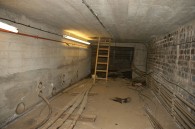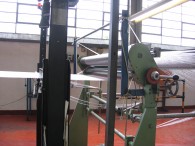A teenager with a temporary job at a major glass recycling firm in West Yorkshire had his arm crushed when it was drawn into the unguarded danger zone of a machine.
The circumstances were:
- The accident occurred on 15th June 2012 on a machine used to separate glass from waste material at Refuse Collections Ltd.
- The machine was totally unguarded
- Reuse Collections Ltd had no work system to make sure the machine was isolated and safely locked off before cleaning was undertaken.
- The company relied on employees to carry out cleaning carefully to avoid contact with the moving parts.
- An 18-year-old worker had been asked by a supervisor to clean the machine.
- The machine was running and his left hand and arm was drawn in between a rotating metal drum and a moving conveyor belt.
Reuse Collections Ltd, trading as Berryman was fined £8,638 (inc. costs)
The HSE Inspector said:
“There is no excuse for companies to operate machinery without protecting employees and other workers from the dangerous parts. The requirement for guarding is well known and recognised across industry not least because the risks are obvious. Had the machine had adequate guarding and a safe system of work implemented to isolate the machine, the serious and painful injury to this young and inexperienced worker could have been avoided.”





